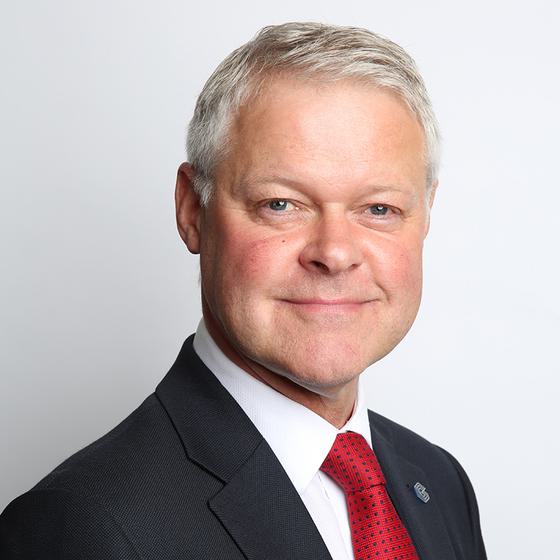Shariah-compliant banking and financial services are going mainstream, just in time for Brexit Britain. By Charles Haresnape, CEO, Gatehouse Bank

Ask someone on the street about Shariah-compliant banking or finance and chances are you’ll receive a blank look. Even Muslims often don’t know where to get started with it and that’s why many end up with standard bank accounts, even though they don’t really want one.
But you are going to hear more and more about Shariah-compliant financial services in the coming years as its importance, intensified against a backdrop of Brexit-related uncertainty, comes to the fore. Challenger banks are nothing new, but within the challenger bank community there is without doubt a new kid on the block.
Now there has always been a degree of mystique about Shariah-compliant banking and finance, but today there certainly isn’t the outright mistrust that there was 20 or even ten years ago. Back then, that was down to a lack of education.
These days, many people still aren’t entirely sure what it’s all about but are at least open-minded and willing to learn more. The annual sukuk (Islamic bonds) conference held this week at the London Stock Exchange is just the latest example of the growing influence of this market within UK financial services.
And what people find when they do read up is that Shariah-compliant banking, whether home finance, savings products or commercial/property investment, is not dissimilar to our own but simply has a different structure and language – and principles that are ethical by default.
There’s no time here to drill down into the detail and breadth of this vast sector but one of the main differences between Shariah-compliant finance and traditional finance is that under Shariah, the paying or receipt of interest is not permitted.
This is why our own Shariah-compliant savings accounts pay customers an Expected Profit Rate (EPR) instead of interest. The EPR is generated by the bank’s returns from the ethical investments it makes, which could be in the growing number of sukuk, property or other investment vehicles that are compliant with Shariah law.
Now savings accounts built on investments can be hard for people to get their heads around at first but it’s worth noting that Gatehouse Bank, a UK bank but one that simply happens to be Shariah-compliant, has never in its history failed to pay the full EPR on its savings accounts. And that, for most savers, is what matters most.
Britain faces many risks in the coming years as the UK leaves the EU, and considerable uncertainty. Thankfully, Shariah-compliant banking, savings, home finance, commercial investment and sukuk are shaping up to be a massive growth sector for our economy — and one that has the potential to genuinely steady the ship.